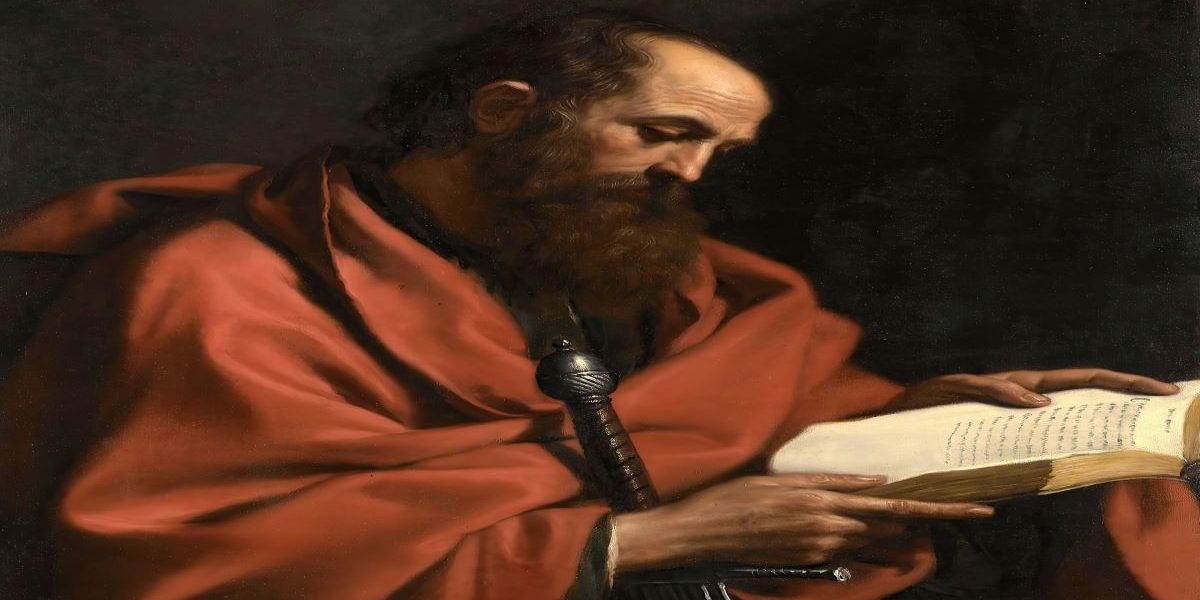As the reader might recall, Paul’s Roman citizenship provided Paul with certain important advantages and protections. Because of his Roman citizenship, Paul received a certain type of justice and courtesy from Roman officials.[1] The Roman citizen was protected from scourgings with rods or whips.[2] Of particular note, the Roman citizen was also protected from execution by crucifixion.[3] Further, like in the case of Paul, the Roman citizen had the right to appeal his or her case to the Emperor in Rome. Most probably, Paul inherited his citizenship because of his father or grandfather.
We have also learned that the city of Philippi was a Roman colony, and therefore, its citizens proudly maintained their own rights as Roman citizens living in a Roman Colony. When Paul wrote his letter to the Philippians, the recipients were all very much aware of what it meant to be citizens of a distant city (Rome). Paul used this reality as an analogy to help explain that we, Christians, are all citizens of Heaven. At Philippians 1:27, Paul wrote:
Only conduct yourselves [politeuomai] in a manner worthy of the gospel of Christ, so that whether I come and see you or remain absent, I will hear about you that you are standing firm in one spirit, with one mind striving together for the faith of the gospel…
Paul used the Greek verb politeuomai which means “to behave as a citizen or avail oneself of or to recognize the laws.”[4] When we conduct our lives here on Planet Earth, we cannot forget that we are citizens of Heaven. We must always seek to abide by the laws of Heaven. We owe our allegiance to Heaven and to our King.
While in Jerusalem, Paul used the same verb (politeuomai) when being interrogated by the Sanhedrin. As he looked intently at the members of the Sanhedrin, Paul said, “Brothers, I have lived my life [politeuomai, as an obedient citizen] with an entirely good conscience before God to this day” (Acts 23:1). Paul lived his life as unto the Lord. He conscientiously sought to live in a way that was pleasing to God.
At Philippians 3:20-21, Paul continued with this theme when he said,
For our citizenship [politeuma] is in heaven, for which we eagerly wait for a Savior, the Lord Jesus Christ, who will transform the body of our lowly condition into conformity with His glorious body, by the exertion of the power He has even to subject all things to Himself.
We should notice several things about these two verses above. Our primary citizenship is in Heaven. Our King is in Heaven, and ultimately, He will come back to Planet Earth “for which we eagerly wait.” The Savior will come back to save us. His return is a vital part of God’s great plan of salvation. As I have previously stated, salvation is a continuum. It is a big idea with several subparts. It includes the first moment that we believed that Jesus is the Christ, and it includes our spiritual growth to spiritual maturity. It also includes going to Heaven after we die, and, as stated above, it includes Christ’s physical return to Planet Earth. Amazingly, God has the power to transform our lowly bodies into resurrection bodies, which will share a glory similar to our Lord’s glorious physical body. Finally, how much power does God possess? He has the power to subdue all things to Himself. He will be completely victorious, and we, if we remain faithful, will share in His victory in a substantial way (Rom. 11:22; 1 Cor. 3:14; 1 Cor. 15:2; Col. 1:23; 2 Tim. 2:12). As Paul said, “If we endure, we will also reign with Him. If we deny Him, He will also deny us” (2 Tim. 2:12). But “[i]f we are faithless, He remains faithful, for He cannot deny Himself” (2 Tim. 2:13).
Finally, God explained to Solomon that if we have sinned and rebelled against God, we should humble ourselves and repent (2 Chron. 7:13-14). If we humble ourselves and repent, and if we pray to God, He will hear us from Heaven, and He will forgive us our sins and heal our land (2 Chron. 7:13-14). Prayer is one of the most important privileges associated with being a citizen of Heaven. As Paul taught, “Devote yourselves to prayer, keeping alert in it with an attitude of thanksgiving…” (Col. 4:2). We must never forget that our primary citizenship is in Heaven.
[1] “Citizen.” The International Standard Bible Encyclopedia: Volume One: A-D, Gen. Editor Geoffrey W. Bromiley, et al., William B. Eerdmans Publishing Company, 1988, pp. 704-705.
[2] Ibid.
[3] Ibid.
[4] “G4176 – politeuomai – Strong’s Greek Lexicon (nasb20).” Blue Letter Bible. Web. 10 Oct, 2022. <https://www.blueletterbible.org/lexicon/g4176/nasb20/mgnt/0-1/>.


